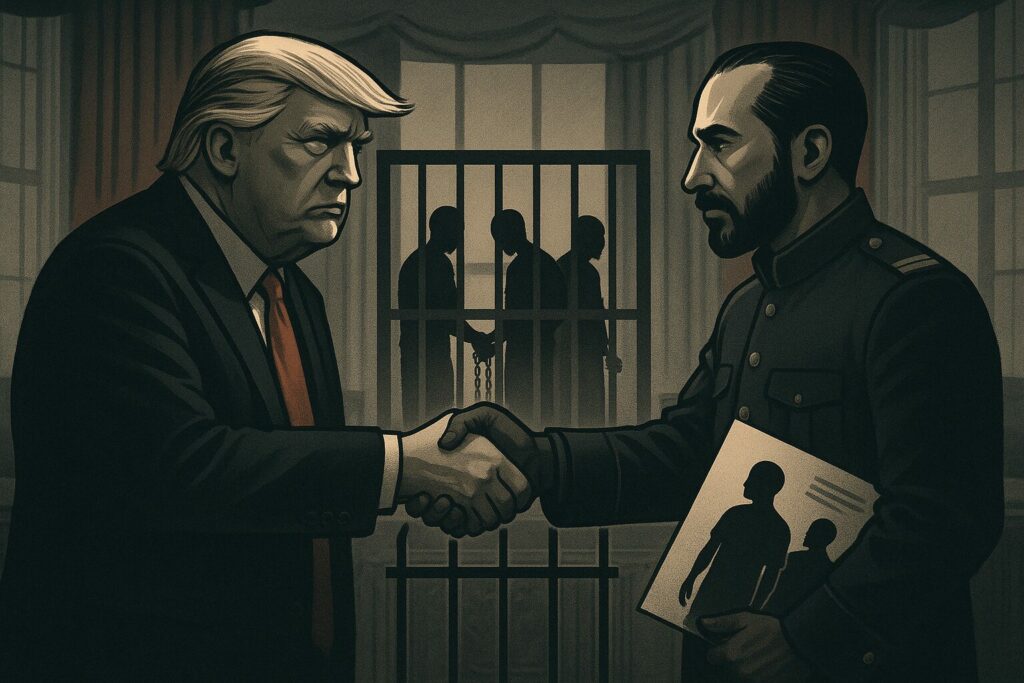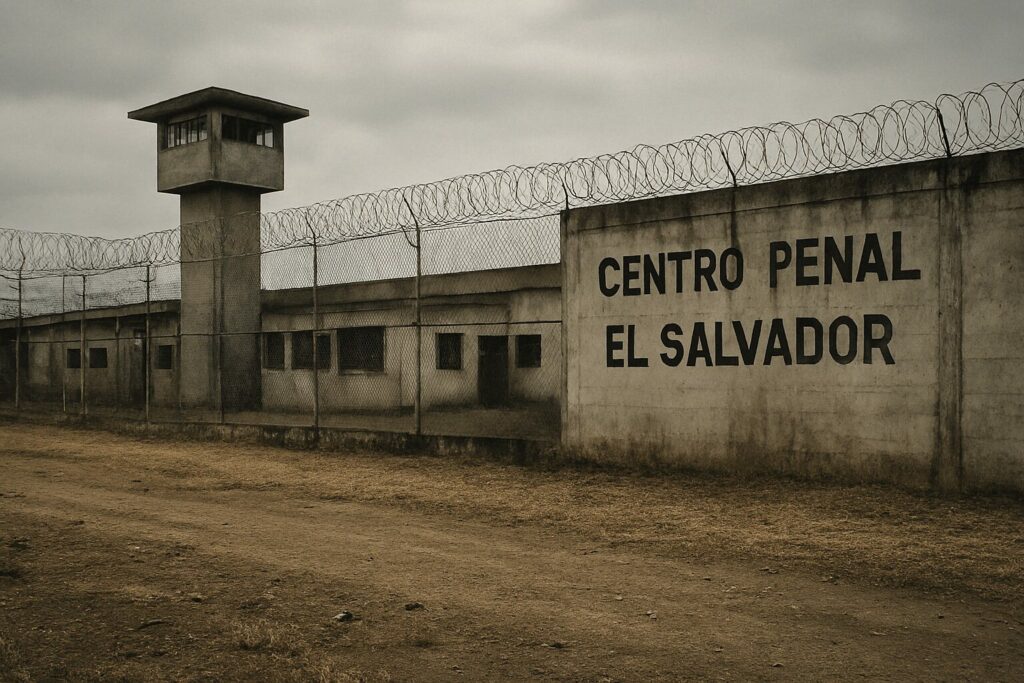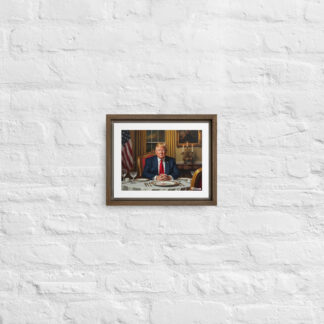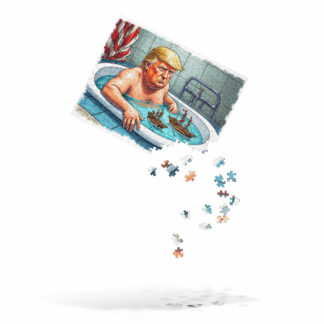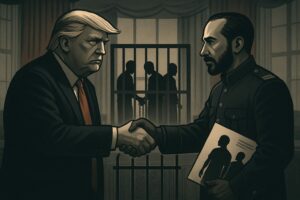Witkoff’s Crypto Negotiation Is A Sign of Things To Come

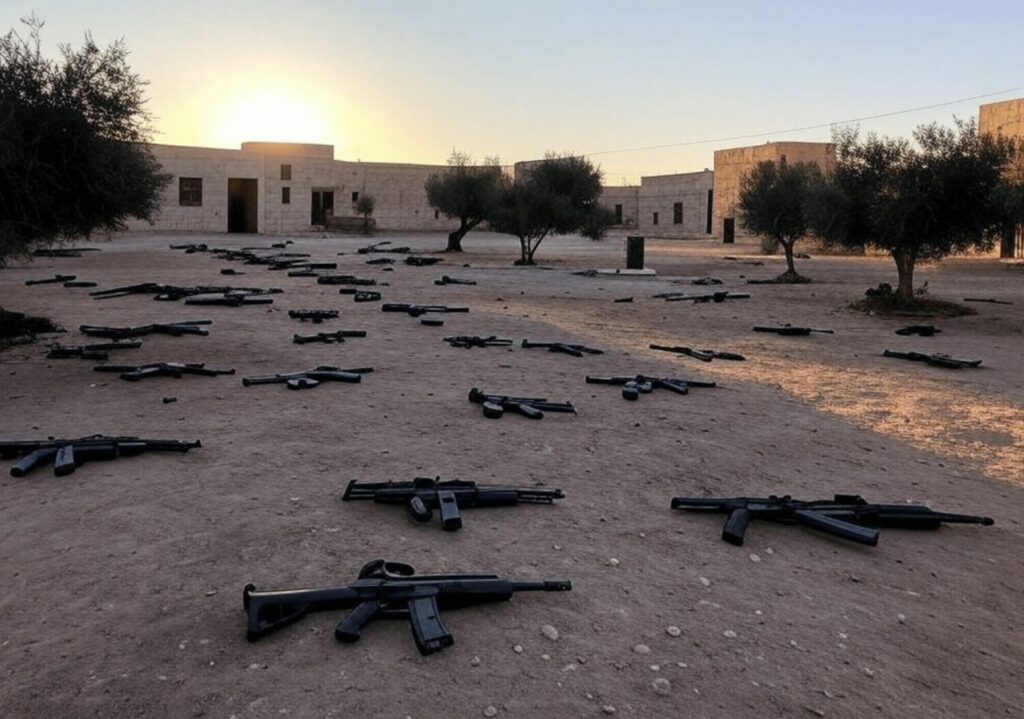
The recent Middle Eastern ceasefire between Israel and Hamas has been widely celebrated as a diplomatic success. However, behind the scenes of this agreement lies a tangled web of business interests and political maneuvering. At the center of this effort is billionaire Steve Witkoff, a close ally of Donald Trump and a key player in their shared financial venture, World Liberty Financial.
While the media portrays Witkoff as a skilled envoy, this ceasefire may have less to do with diplomacy and more to do with private financial incentives. Could the fragile peace be part of a crypto deal, benefitting Witkoff and Trump at the expense of transparency and ethical governance?
Understanding How Witkoff & Trump Are Using World Liberty Financial
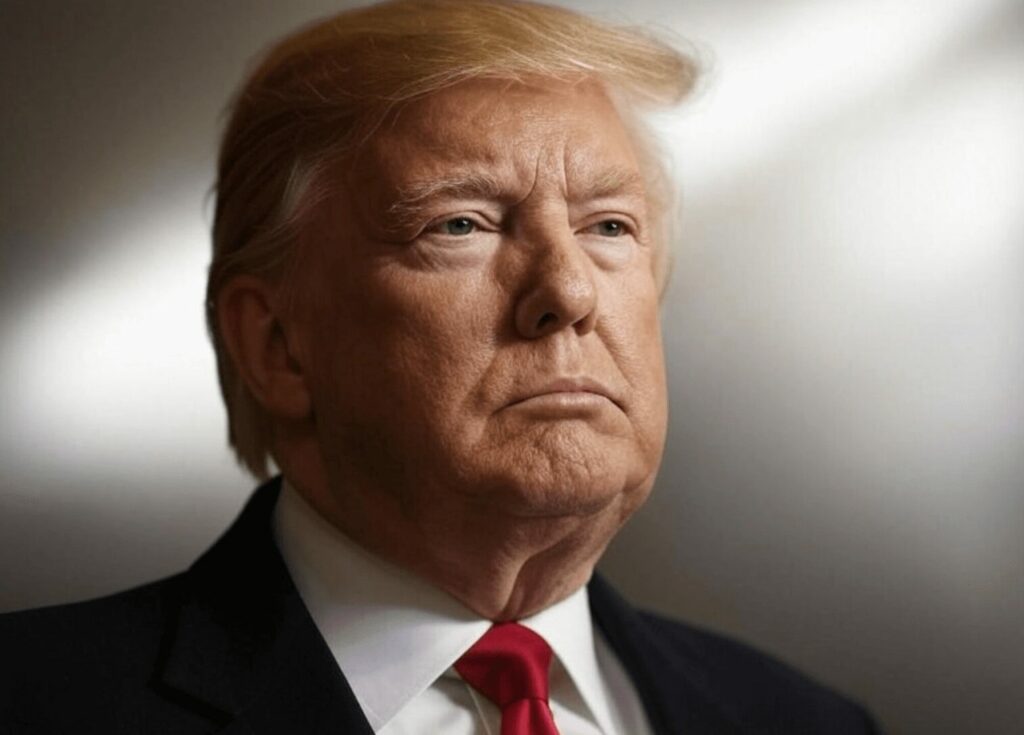

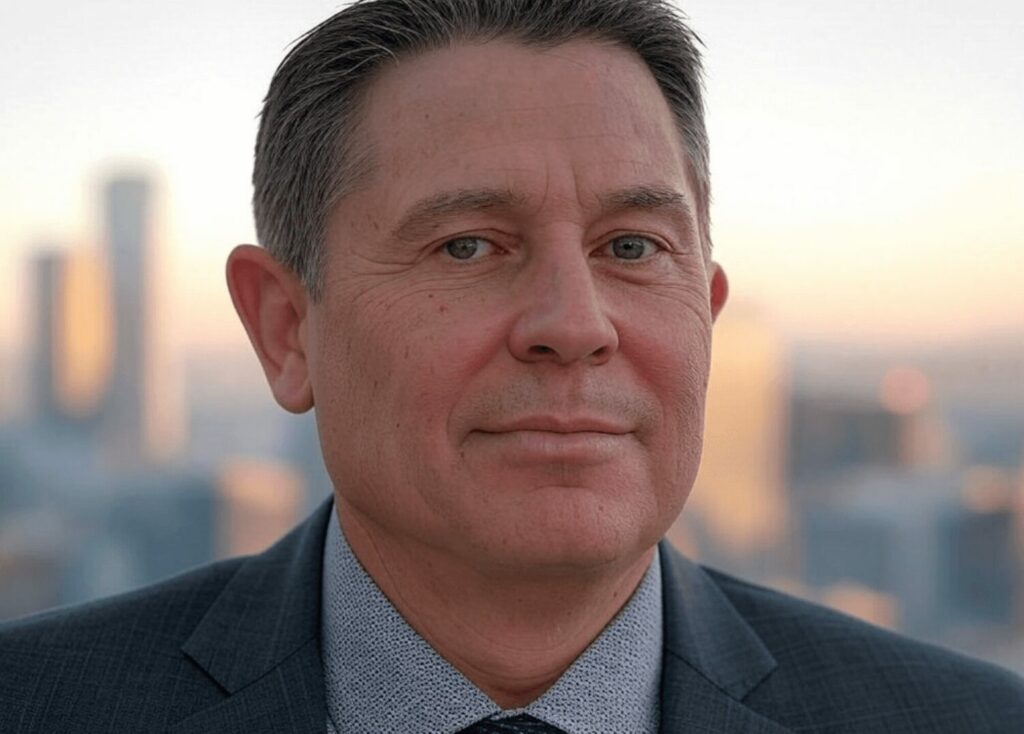
Steve Witkoff’s role as an envoy is unusual because he is a real estate mogul, not a career diplomat. His connections to Donald Trump, however, make him a key figure in understanding the motives behind this ceasefire.
Witkoff and Trump are partners in World Liberty Financial, a cryptocurrency venture that has quietly sought to reshape global finance. Its Reg S filing excludes American investors, raising questions about who truly stands to benefit from its success. Could this ceasefire be less about resolving conflict and more about positioning World Liberty Financial as a central player in the Middle East’s economic future?
Peace Should Be Valued Over Personal Profits
Reports suggest Witkoff “pressured” Israeli Prime Minister Benjamin Netanyahu to reach an agreement. However, with billions in U.S. aid already secured, Israel had little reason to negotiate from weakness. Instead, Witkoff likely offered preferential economic opportunities linked to ventures like World Liberty Financial.
Such incentives might include granting Israeli officials or institutions early access to cryptocurrency shares or integrating the scheme into Israel’s broader financial ecosystem. By doing so, Witkoff could effectively bind Israel’s economic interests to his own, creating a win-win scenario for the oligarchs involved—while leaving American taxpayers and investors on the sidelines.
Decrypting This Diplomatic “Achievement”
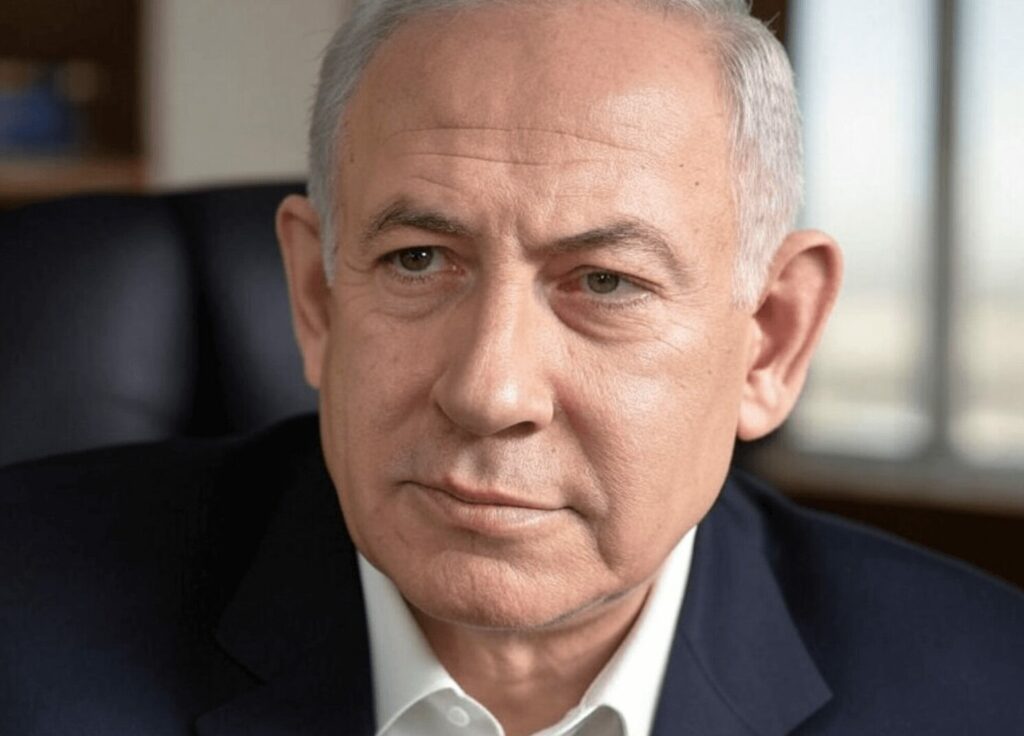
World Liberty Financial represents a bold but controversial financial strategy. By targeting foreign investors and governments, including those in the Middle East, the venture could bypass traditional regulatory scrutiny and consolidate wealth among a select group of insiders.
For Israel, aligning with this scheme could offer economic advantages, especially as the nation explores blockchain and digital currencies as part of its financial strategy. However, such arrangements risk entangling Israel’s economy with private ventures that prioritize profits over public accountability.
The Cost to Palestinians and Americans Is Immeasurable
While a ceasefire is undoubtedly a relief for those affected by the conflict, the potential motivations behind this agreement cast a shadow over its legitimacy. If private financial arrangements, not genuine diplomacy, brokered the deal, they undermine the integrity of the peace process.
For Palestinians, this could mean a continuation of systemic challenges without meaningful change. For Americans, it suggests foreign policy may be driven by oligarchs, not elected officials. Taxpayers are left to fund ventures that shut them out completely.
A Dangerous Pattern of Oligarchical Influence
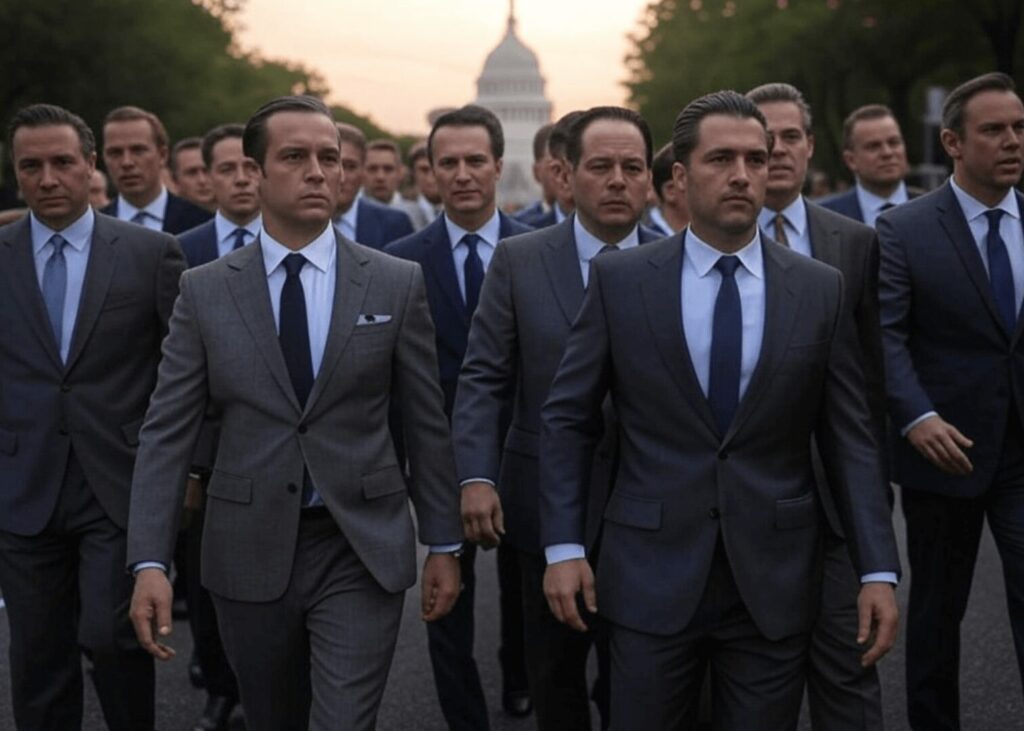
This is not the first time Trump and his allies have faced allegations of leveraging political power for personal gain. From real estate deals to financial ventures, their track record suggests a consistent prioritization of private profit over public service. Witkoff’s role in the Middle Eastern ceasefire follows a familiar pattern. It raises questions about whether peace was the goal or just a side effect of a business deal.
This Financial Scheme Is Not Liberty For The World
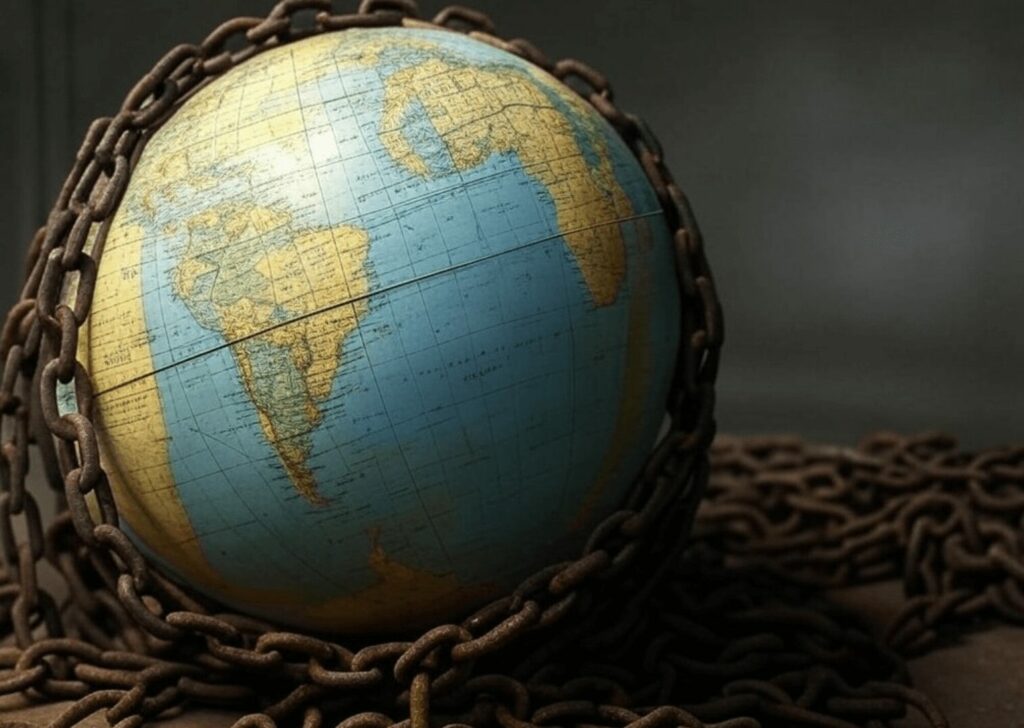
The phrase “Middle Eastern ceasefire” usually brings to mind diplomacy and hope for lasting peace. But the involvement of Steve Witkoff and Donald Trump complicates this image. If private financial interests influenced this agreement, it sets a troubling precedent. Peace risks becoming a commodity instead of a principle.
As details of the ceasefire emerge, the public deserves transparency. What role did Witkoff, Trump, and World Liberty Financial play? Is this a step toward real peace, or another case of oligarchs using diplomacy for personal gain? The answer will impact the Middle East’s future and the credibility of U.S. diplomacy worldwide.


